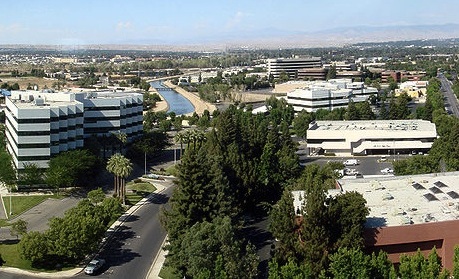Mad as Hell

Americans have had enough. According to a new Washington Post/ABC News poll, two-thirds of Americans describe themselves as either “dissatisfied” or “angry” with the government. That’s the largest number since the government had to partially shut down when President Clinton and the Republican-controlled Congress were unable to agree on a budget in 1996. President Obama’s approval is hovering around 50%, down almost 20 points from a year ago. And compared to Congress he’s doing well—71% disapprove of the job Congress is doing.
That’s not terribly surprising. The economy is starting to improve, but on the whole it’s still in terrible shape. Unemployment is around 10%, and that understates the number of people who would like more work than they can find. Fully 88% of poll respondents—even more than in previous polls—said that from their perspective the recession isn’t over. While the stimulus package probably prevented the economy from getting even worse—and although the government has relatively little ability to fix the economy—partisan gridlock makes it seem like Washington is fiddling while the country burns.
That’s bad news for incumbent Democrats, who will be held accountable for their inability to pass major legislation and who have the most to lose in the upcoming midterm elections. By a significant margin, voters say they are dissatisfied with the incumbents. A separate Quinnipiac poll found that Congressional Democrats’ approval rating is down to an abysmal 28% overall, with just 19% of independent voters saying they approve of their performance.
But it’s not great news for incumbent Republicans either. Both polls find that Americans are just as unhappy with Republicans as they are with Democrats, with Republicans getting their share of the blame for the current state of the economy and the partisan bickering in Congress. While, as Chris Cillizza points out, the Republicans have managed to narrow the gap, more people still say they trust the Democrats more to handle the country’s problems. And in spite of widespread frustration with the incumbents, Democrats remain tied with Republicans in generic polls.
The Tea Party movement is one expression of the country’s populist anger. As I’ve written, it has grown so fast that it now rivals the rest of the Republican Party for influence. But it’s not clear how much the Tea Party’s success helps Republicans. While Tea Party candidates stand to make major gains in the fall, more Americans still have an unfavorable impression of them than have a favorable impression. The growing influence of the Tea Party may actually reduce the Republican Party’s mainstream appeal.
One thing, though, seems clear. A lot of politicians are going to lose their jobs this fall.





